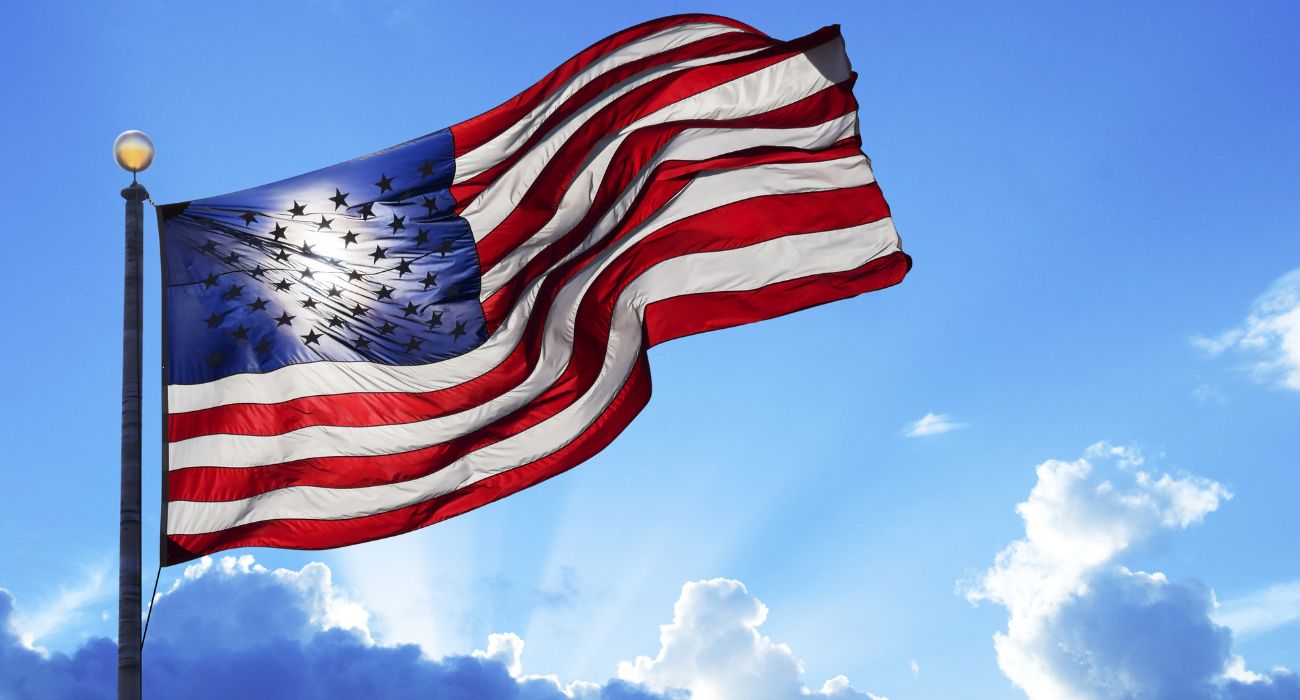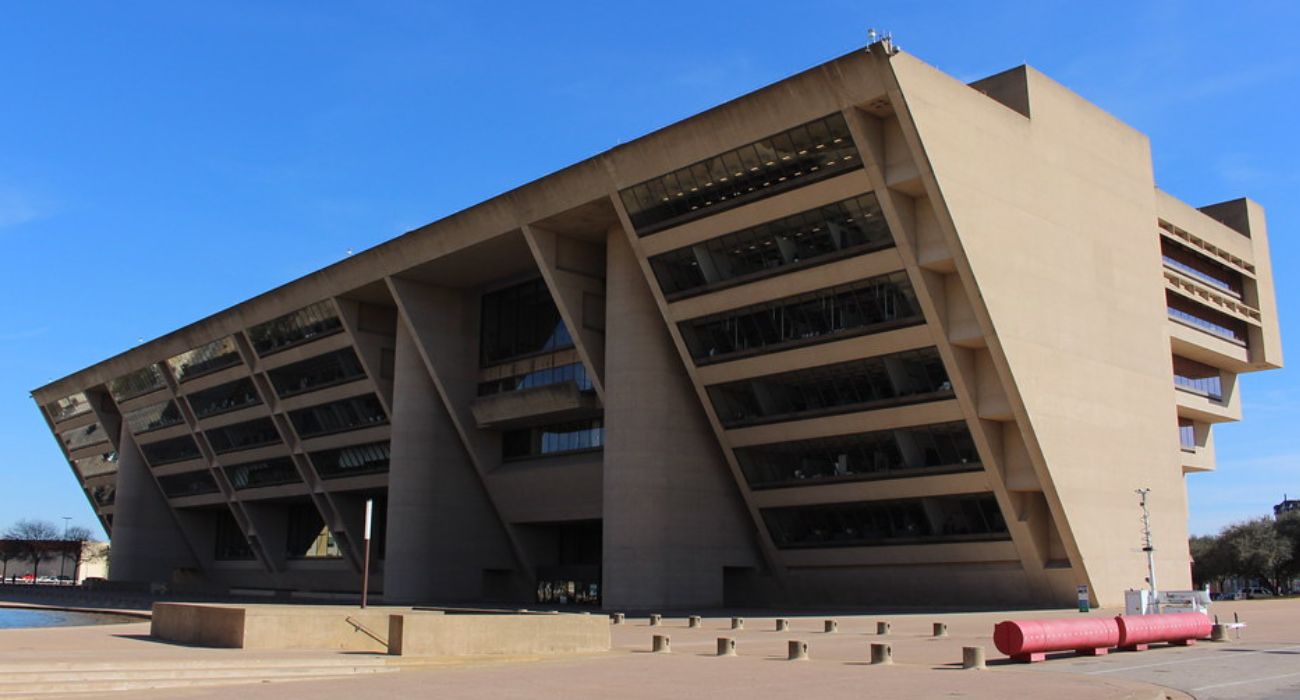On July 4, 1776, men from across the American colonies and the British Empire came together to sign their names onto the Declaration of Independence. The document, written primarily by Thomas Jefferson, outlined revolutionary concepts of natural rights and republican dignity that would define our then-infant nation.
Before July 4, the colonists were subjected to a string of abuses by the English Parliament, battling for the restoration of rights they believed were guaranteed to them as Englishmen.
North Texas-born President Dwight Eisenhower outlined this fraught moment in American history in a speech at the 1952 National Prayer Breakfast.
“From April 1775 until July 4, 1776, there was no struggle for independence,” Eisenhower noted. “It was a struggle to make people understand that we were free British citizens. So you can understand the confusion of thought that was going on.”
This sense had changed dramatically by the time Jefferson authored the opening lines of the Declaration:
“When in the Course of human events, it becomes necessary for one people to dissolve the political bands which have connected them with another, and to assume among the powers of the earth, the separate and equal station to which the Laws of Nature and of Nature’s God entitle them, a decent respect to the opinions of mankind requires that they should declare the causes which impel them to the separation.”
The Declaration is replete with lofty language and lofty ideals, but to channel the spirit of Jefferson, we must remember the “one people” served by his venerated penmanship. Just who were the American people in 1776?
The American people of that era left their homes to settle on a new continent. Whether it was for the freedom to worship as they chose, the chance to break away from economic molds that stifled the industrious, or to escape the malaise of the old world, these people were seeking what Jefferson called “certain unalienable Rights,” including “Life, Liberty, and the pursuit of Happiness.”
If those people sound familiar to you, that’s because they are. Perhaps no city in America better captures the spirit of 1776 than Dallas. Dallas is a city where people from all walks of life, states, and countries come to pursue the American dream.
Just look to the entrepreneurial might of downtown — whose burdens may be likewise reminiscent of 1776 — and the award-winning cuisine that dots our residential neighborhoods. Look to the Cotton Bowl and Bishop Arts for years of creative tradition.
Look to the everyday Dallasites who have marked the Texan and American tradition by building a world-class city from the unassuming plains of Texas.
We here at The Dallas Express represent this tradition. Our newsroom has modern-day pioneers from Massachusetts, Ohio, California, and Michigan, to name a few. Of course, we have multi-generational Texans who descend from the Western pioneers of the past.
We’ve each come together to tell this city’s story and highlight the works of a free people in a free city. This July 4, we want to thank you for being part of The Dallas Express and our celebration of the 247th birthday of our great nation.







Trackbacks/Pingbacks